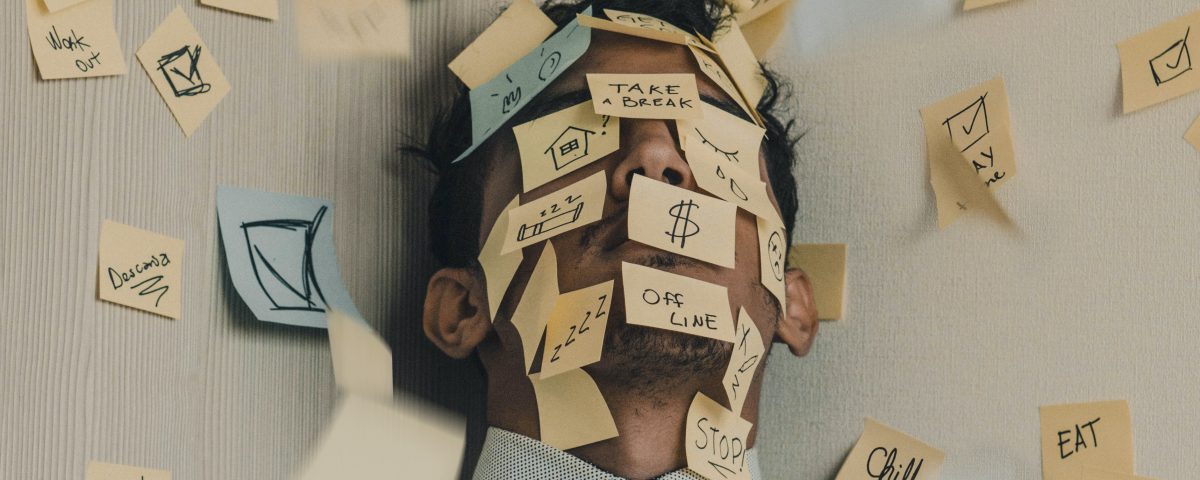Increasing Your Quality of Life

To increase the quality of your life it’s imperative to reduce sustained stress.
Science shows us the more sustained our stress is the more we…
- Make poor decisions-reduce memory
- Affect sleep quality
- Reduce empathy for another
- Become more selfish
This is to name a few of a long list.
When I talk about sustained stress I’m of course not talking the ‘temporary’ out of control feeling that you get on a roller coaster.
Stress can be measured on how out of ‘control’ you feel and the associated risk attached.
So a rollercoaster hits both lack of control and slight risk but many find it FUN.
Yet, financial struggle in a struggling economy shoots many people off the scale of stress and how sustained it is.
When I work with professionals and clients I always want them to understand that we as humans have amazing abilities yet sustained stress makes us dumb.
Literally.
As with anything, the body will re-regulate, so if you have sustained stress over a long period you don’t just suffer the effect of the ‘event’, it’s affects the pathways in the body.
Some key areas would be lack of drive or contentment for life
Lowered sexual function and drive
Depression due to over stimulation of neurotransmitter pathways.
Again, just to name a few!
People try all sorts to combat stress but what we do most often which is kind of depressing is ‘project’ our stress on another.
As Dr R.Salposky said “We’d rather give another an ulcer than have our own’.
Stress over a long period doesn’t just contribute to every metabolic illness, it pushes away the people that you care about.
People think meditation or exercise is enough, yet look at stress rates, they just rise and rise.
I believe one of the key things we are missing is understanding of WHY we respond to stress in the way we do.
Whether Marta and I deal with corporate clients, pro athletes or professionals we always want them to understand their BEHAVIOUR and its triggers.
You don’t actually make a choice on behaviour in the moment, that’s just neurotransmitters firing,
You don’t even make it a few hours to days before, that’s just hormonal pathways…
Our behaviours around stress are patterned long before we can imagine.
Thus, simple ‘habit’ change work like ‘morning routine’ without letting someone know why they will likely give up is in my opinion fruitless.
When you can understand behaviours and what contributes to them, you take back power.
More importantly you can contextualise fear.
See it differently and EXPERIENCE it differently.



